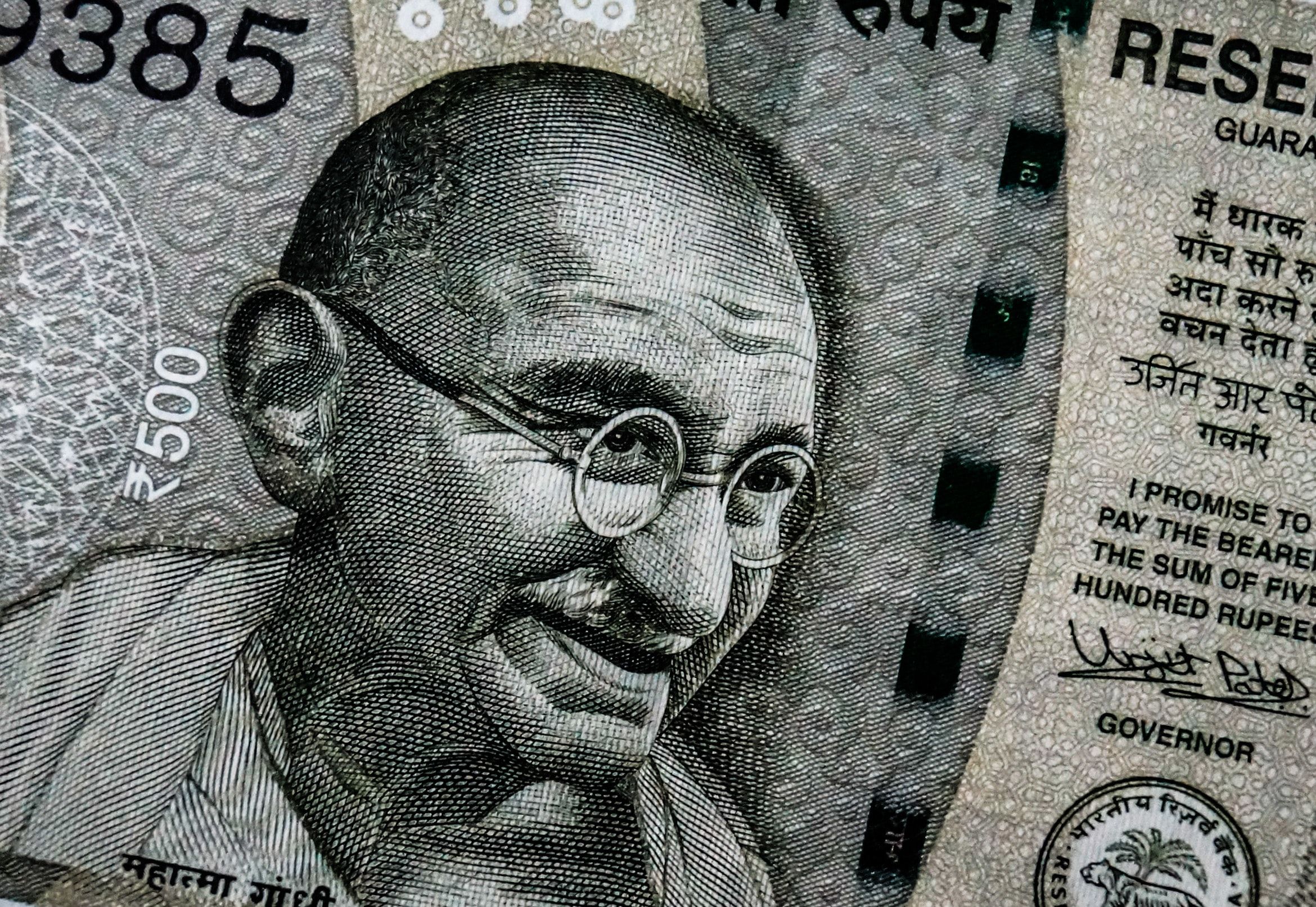The Economic Survey, which was submitted in Parliament on Monday, showed that India expects economic growth of 8% to 8.5% for the fiscal year that begins in April (FY23), down from an expected 9.2% growth in the current year.
All macro indicators suggested that the economy was well-positioned to tackle difficulties, aided by increases in agriculture and industrial production growth, according to the report, which was submitted in parliament by finance minister Nirmala Sitharaman ahead of the annual budget on Tuesday.
Also Read| What is Economic Survey and why it is tabled a day before Budget?
According to experts polled by Bloomberg, the Budget will likely prioritize growth above budget reduction by increasing expenditure. According to the median of predictions published by Bloomberg, Finance Minister Nirmala Sitharaman will likely increase the budget by nearly 14% year on year to Rs 39.6 trillion ($527 billion) in the fiscal year beginning April. She is anticipated to keep tax rates essentially intact, relying instead on asset sales and a near-record borrowing of over Rs 13 trillion to fund the plan.
Also Read| Pharma, Infra, Agriculture and other stocks likely to benefit from Budget 2022
Economists estimate that Sitharaman would aim for a budget gap of 6.1% of GDP next year, after completing the current fiscal year with a 6.8% shortfall due to lighter spending to bring the economy through the pandemic.
Also Read| Stock market midday report: Sensex up 1020 points, Nifty around 17,400
The Budget comes only days before elections in five states, including the most populous, Uttar Pradesh, which might prompt Sitharaman to pledge increased rural expenditure and food and fertilizer subsidies.
Also Read| Budget 2022: 11 interesting facts about India’s Union Budgets till date
The Budget is projected to increase public capital expenditure (capex) while also creating a favourable climate for private CAPEX. This would imply increasing allocations to sectors like defence, railways, and renewable energy transmission projects, boosting the domestic capital goods industry, brokerages told Business Standard last week.
Also Read| Union Budget 2022: Amid Pegasus spyware controversy, Parliament session starts today; 10 points
Businessmen and economists are concerned about mounting inflationary pressures in the country, as global crude oil prices rise and the new wave of Covid-19 infections threatens in the next eight to ten weeks, according to experts.
Also Read| Budget 2022: All about Union Budget mobile app
As the US Federal Reserve contemplates rate hikes, the economy faces the possibility of interest rate hikes even before a pickup in consumer and business expenditure.







